The G20 Anti-Corruption Working Group (ACWG) plays a critical role in addressing corruption, an issue that crosses borders and impacts countries worldwide. As South Africa takes on the presidency of the G20 from December 2024 to November 2025, the ACWG has become an essential platform for strengthening global anti-corruption initiatives.
Founded in 2010 in response to the growing complexity and impact of corruption on economies, governance, and public trust, the ACWG operates under the guidance of the St Petersburg Strategic Framework. This framework enables the ACWG to craft practical action plans to combat corruption. The 2025-2027 ACWG Action Plan outlines a comprehensive approach, emphasizing transparency, accountability, and collaboration among various stakeholders.
Building Momentum for Anti-Corruption Action
The first ACWG technical meeting under South Africa’s G20 presidency was held in the Western Cape from March 3 to 5, 2025. This meeting marked a significant step toward shaping the agenda for the upcoming G20 meetings, including those in Brazil in June and the final technical meeting in Mpumalanga in October, which will culminate in the G20 ACWG Ministerial Meeting.
During this initial meeting, discussions focused on several key priorities:
- Enhancing Public Sector Integrity: A major goal is to improve transparency and accountability within government institutions. By sharing best practices and developing ethical standards for civil servants, member states aim to rebuild public trust and strengthen governance.
- Improving Asset Recovery: The recovery of stolen assets remains a significant challenge in the fight against corruption. The ACWG will work on strategies to make asset recovery more efficient, aligning with the United Nations Convention Against Corruption (UNCAC), which stresses the importance of returning illicit assets to their rightful owners.
- Fostering Inclusive Participation: Tackling corruption requires a broad, multi-stakeholder approach. The ACWG aims to increase involvement from the public and private sectors, civil society, academia, and youth. Engaging diverse groups ensures a deeper understanding of corruption’s societal impact and encourages collective efforts to fight it.
- Protecting Whistle-Blowers: The protection of whistle-blowers is crucial in exposing corruption. The ACWG is committed to strengthening legal frameworks and enforcement mechanisms that safeguard individuals who report corrupt activities.
A Foundation for Global Commitment
As the G20 Ministerial Meeting approaches in October 2025, the outcomes of the March technical meeting will help set the stage for future discussions aimed at solidifying global commitments to combat corruption. The upcoming meeting in Mpumalanga will be pivotal, as it will bring together G20 leaders and ministers to reaffirm their collective resolve to tackle corruption.
South Africa’s Public Service and Administration Minister, Mzamo Buthelezi, emphasized, “As co-chair of the ACWG, South Africa is using its presidency to harmonize national laws with international standards, boost transparency, and develop robust legislation to restore public confidence in our justice systems.”
He further stated, “It is crucial that we communicate openly about our progress. Combatting corruption is not just a legal challenge—it’s a battle for public trust. Keeping citizens informed reinforces that corruption has no place in society and that integrity is fundamental to governance.”
South Africa’s Leadership in Anti-Corruption Efforts
As the host nation, South Africa is uniquely positioned to leverage its G20 presidency to tackle both local and global corruption issues. The ACWG’s focus on promoting good governance aligns with South Africa’s broader commitment to strengthening democracy, human rights, and the rule of law.
It is vital that South Africans remain informed and engaged in these discussions. The government’s efforts to improve public trust and create an environment conducive to sustainable development are key. By fostering transparency and accountability, the South African government aims to demonstrate that corruption has no place in society.
A Global Effort for a More Just World
Through collective action, the ACWG aims to create a more just and sustainable world. South Africa’s leadership in these discussions will not only advance the country’s anti-corruption initiatives but also make a significant contribution to the global fight against corruption.
The efforts of the ACWG, under South Africa’s G20 presidency, are shaping the future of anti-corruption work, promoting integrity, accountability, and collaboration at every level. By leading these efforts, South Africa is reinforcing its commitment to a corruption-free world, setting an example for other nations to follow.
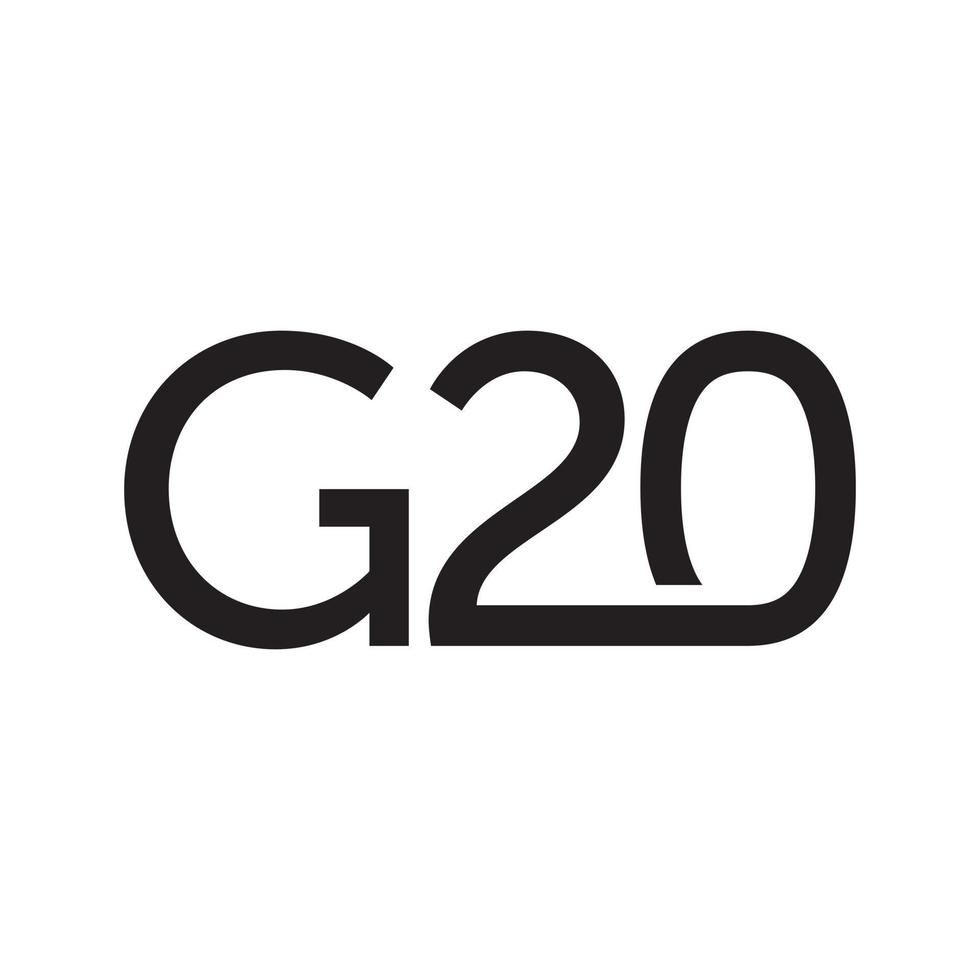



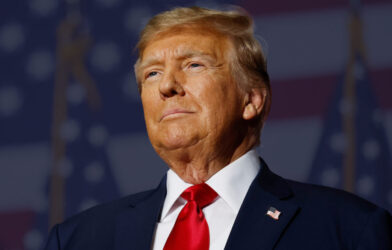
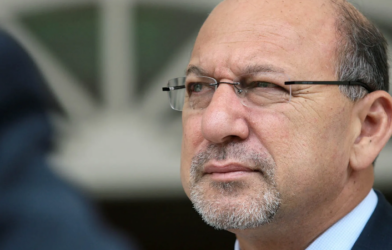
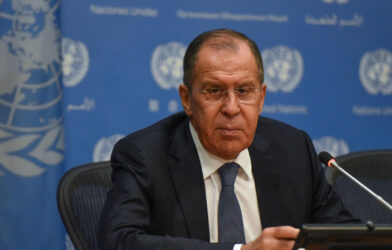

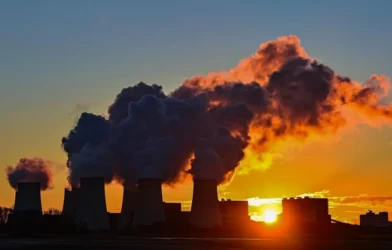
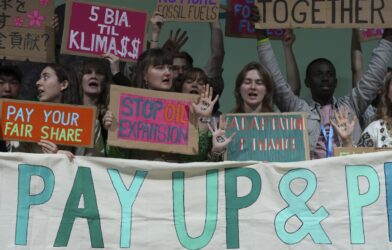
Comments are closed